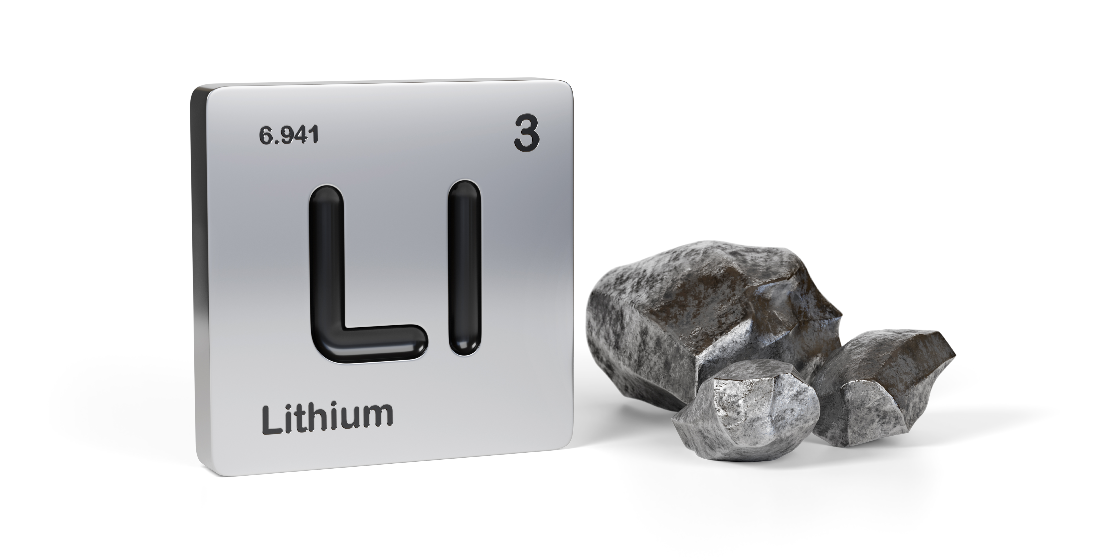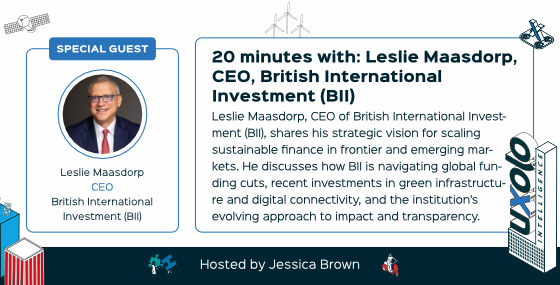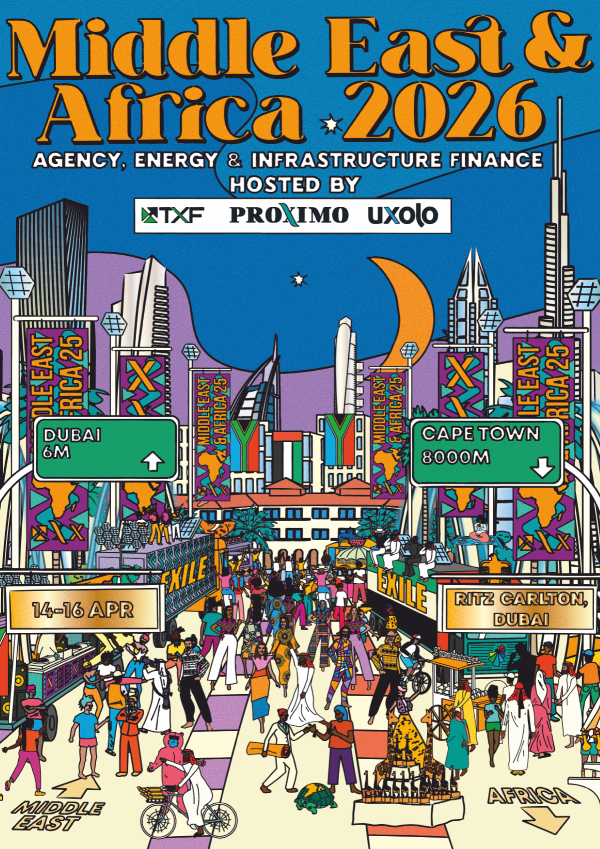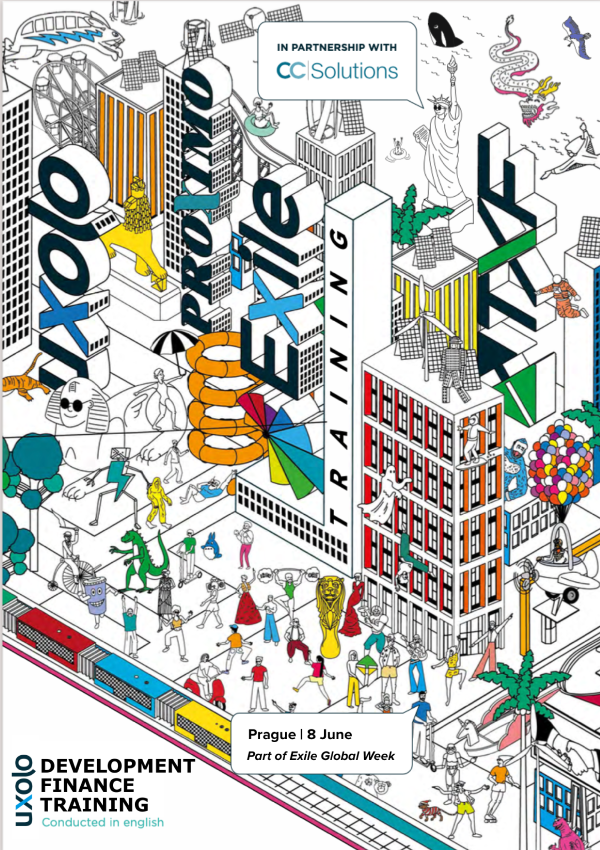Dhaka has a feedstock problem - DFI debt recycling could be part of the answer
Despite all the market uncertainties over the ongoing affordability of gas feedstock for Bangladesh's power sector, international commercial lenders appear to have growing appetite for refinancing what were originally DFI-backed CCGT projects. That freeing up of cash could be good news for the country’s renewables sector – if BPDB starts taking a longer view on its capacity mix.
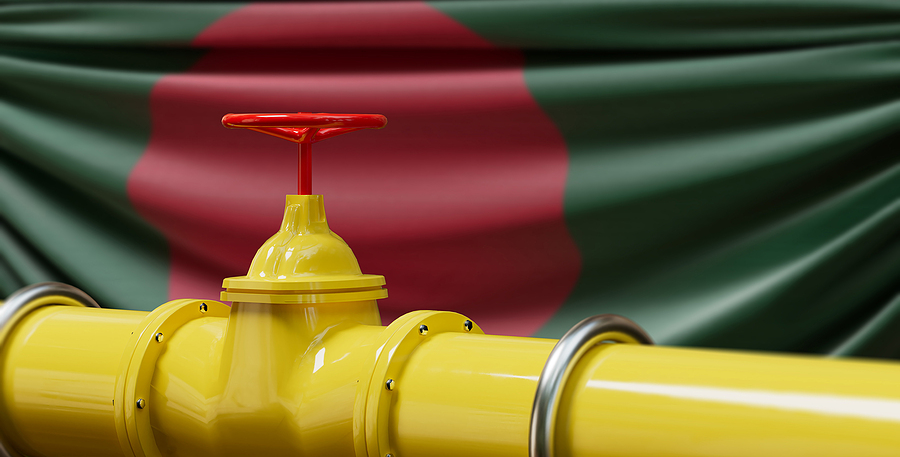
Unique Meghnaghat Power (UMPL) – a joint venture between Unique Hotel & Resorts, Strategic Finance, GE Capital Global Energy Investments and Nebras Power Investment Management – recently finalised lenders for its 584MW $613 million CCGT project in Bangladesh.
The project is expected to be operational in late 2023 and benefits from a 22-year power purchase agreement (PPA) with Bangladesh Power Development Board (BPDB) and a 22-year gas supply agreement with state-owned Titas Gas Transmission and Distribution Company. Standard Chartered is financial adviser on the $460 million debt financing which includes $110 million from AIIB and the remainder from DEG, OPEC Fund for International Development and Standard Chartered, which has ECA cover from SERV.
The deal has all the typical traits of a greenfield Bangladesh gas-fired IPP financing – a PPA with BPDB, and a state-owned gas supplier. BPDB has a solid history of regular offtaker payments to IPPs and – along with government incentives to attract foreign investors into the power market (tax and investment incentives, no restrictions on foreign ownership and an investor friendly BOO concession framework) – has been a key driver in accelerating the international bankability of the Bangladeshi power sector.
But as the lender line-up for the UMPL deal illustrates – three DFIs complemented by just one commercial bank – international commercial lenders are still very wary of Bangladeshi greenfield IPPs.
While greenfield remains problematic, there has been progress on the post-construction refinancing front. In 2020 Summit Power International raised a $140 million project financing from international lenders – Clifford Capital and SMBC – for its Gazipur II heavy fuel oil plant. The project was the first IPP in Bangladesh to tap international lenders without full or significant DFI support.
The deal was a refinancing, taking out construction loans provided by domestic lenders Bank Asia, The City Bank, Prime Bank and Mutual Trust Bank to build the plant. That domestic deal was a milestone in itself, but arguably both the construction financing and the refinancing were commercially banked because they had to be – DFI’s were very unlikely to touch an HFO-fired project by 2020.
More tangible progress was made in mid-2022 when Bridgin Power – a newly-formed power investment platform established by Actis – closed its first investment by acquiring a 49% shareholding in Shapoorji Pallonji’s 220MW Bhola 2 CCGT project. The acquisition spawned a project refinancing that was commercially banked (albeit with MIGA providing non-commercial risk cover).
Like UMPL, the Bhola power plant has a 22-year PPA with BPDB. The project was originally financed in 2018, and again like UMPL, with hefty DFI backing – $160 million of debt from Asian Infrastructure Investment Bank (AIIB), Islamic Development Bank (IsDB) and IDCOL Bangladesh. The plant achieved commissioning in June 2021.
In last year’s $210 million 18-year refinancing (which was priced over SOFR), Bhola’s original DFI lenders were replaced by a consortium comprising SMBC, ING, DBS, Bank of China, Mizuho and Societe Generale. Shearman & Sterling and Farooq & Associates provided international and local lender counsel respectively, and Clifford Chance and DFDL acted for the sponsor. Standard Chartered, PMC Treasury and Riverstone also advised on the deal.
The Bhola 2 refinancing was significant for two reasons. First the deal was born of the first infrastructure fund acquisition in the Bangladesh IPP sector and if more funds follow, so will their relationship lenders. Second, the deal has freed up significant DFI debt that can now be reinvested – and that freeing up has happened at a relatively quick pace given the original DFI deal was in 2018.
The Uxolo perspective
So does Bhola truly herald a change in commercial bank appetite and risk perception for greenfield Bangladeshi IPPs? There are no persuasive signals yet – sole commercial lender on the UMPL deal, Standard Chartered, has cover from SERV. Consequently, DFI support for greenfield looks set to be a must for the immediate future.
But the accelerated pace of freeing up of DFI loans is progress and could translate into more and accelerated DFI support for renewables in Bangladesh – a refocus that would make a lot of sense given the country’s snowballing energy supply problems.
The Bangladesh power sector has been hit hard by the global spike in gas pricing. Blackouts have become common again given gas-fired power accounts for around 66% of the country’s capacity and renewables as little as 4% (including off-grid solar) – 6% lower than the government’s 2021 target. With an estimated 12 years of its own gas reserves left and dwindling production levels, importing LNG was the preferred solution until Russia invaded Ukraine and kyboshed global LNG pricing models.
Current feedstock price levels – oil and LNG – were clearly not foreseen by Bangladeshi governments, which have long adopted a policy of feedstock and generation risk absorption. IPPs have benefitted from indirect BDPB guarantees on feedstock and direct offtake guarantees that ensure payment for capacity charges even if no electricity production occurs. Consequently, blackouts do not stem the flow of BPDB payments to existing IPPs.
The country’s heavy dependency on increasingly expensive imported fuels has spawned some worrying potential short-term solutions – notably a focus on coal- and HFO-fired power in a bid for energy security. In September 2022, the Bangladeshi government announced plans to add around 4.3GW of coal-based thermal power to address the frequent blackouts. But there are few remaining cheap cost-of-debt avenues for financing such projects – certainly not OECD ECAs or DFIs – and the risk of future stranded assets is high.
In most jurisdictions more renewables in the capacity mix would be the logical solution. But utility scale renewables would require a complete upgrading of Bangladesh’s national grid: the World Bank provided a $500 million credit for Bangladesh’s grid upgrade programme but considerably more is required to provide the bedrock for rapid renewables growth. Furthermore, grid upgrades would also enable Bangladesh to increase imports of electricity from India, which produces at rates even cheaper than coal- or oil-fired power produced domestically in Bangladesh – a win-win for all.

